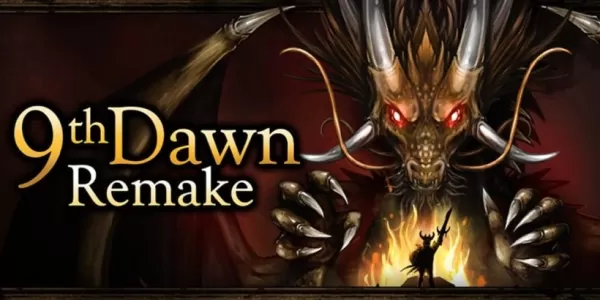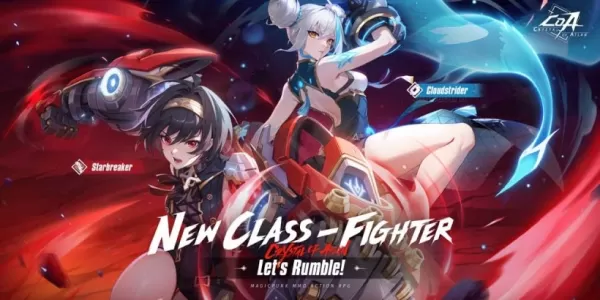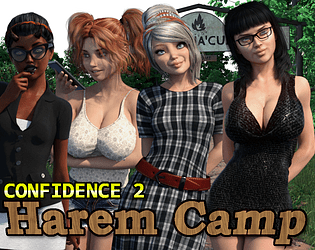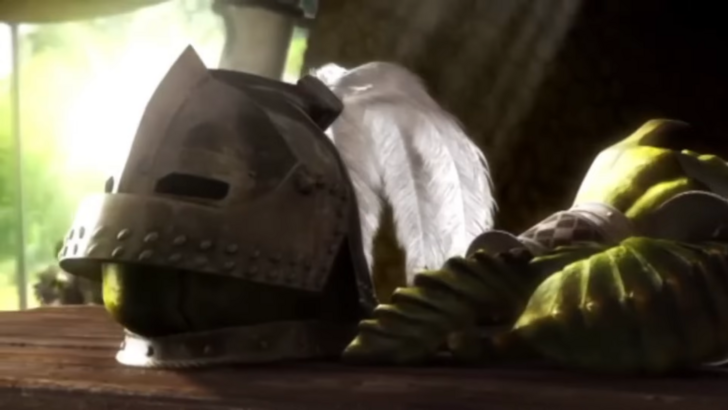
The narrative of Monster Hunter might seem straightforward at first glance, often overshadowed by its mission-based gameplay. However, a closer look reveals a rich tapestry of themes and stories that merit deeper exploration. Let's delve into the evolution of narratives, thematic elements, and the personal journey of players within this beloved series.
← Return to Monster Hunter Wilds' main article
Evolution of Narratives in Monster Hunter
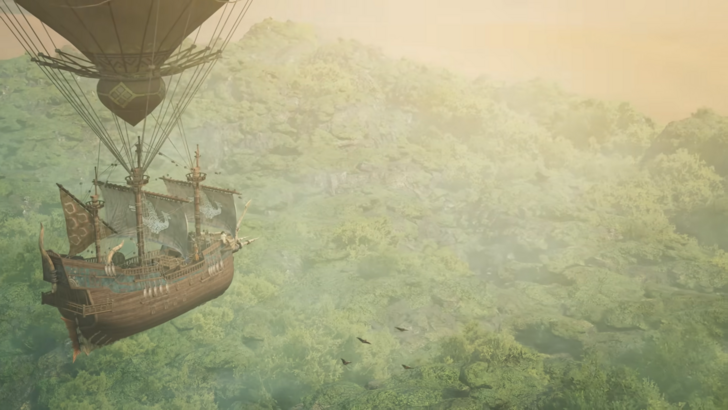
While Monster Hunter is primarily known for its action-packed gameplay rather than its narrative depth, the series does indeed weave a story, albeit one that often takes a backseat to the thrill of the hunt. The game's structure, which revolves around completing quests, might suggest a simplistic narrative focused solely on hunting monsters for rewards. Yet, this surface-level view belies the deeper themes and evolving stories present throughout the series.
How It All Starts
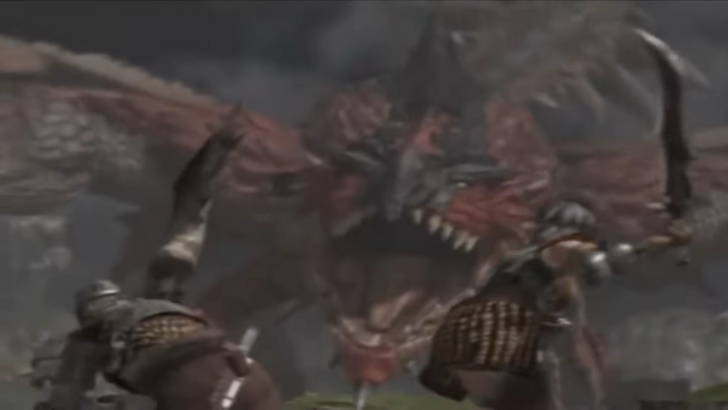
In the Monster Hunter series, players typically begin as novice hunters, taking on quests from village elders to gradually ascend the ranks. The journey culminates in facing increasingly formidable monsters, with the ultimate goal of becoming the top-ranked hunter in your village. This progression is consistent across the series, even as newer titles like Monster Hunter: World, Rise, and their expansions introduce more structured narratives that guide players through a story arc.
Protecting the Natural Order
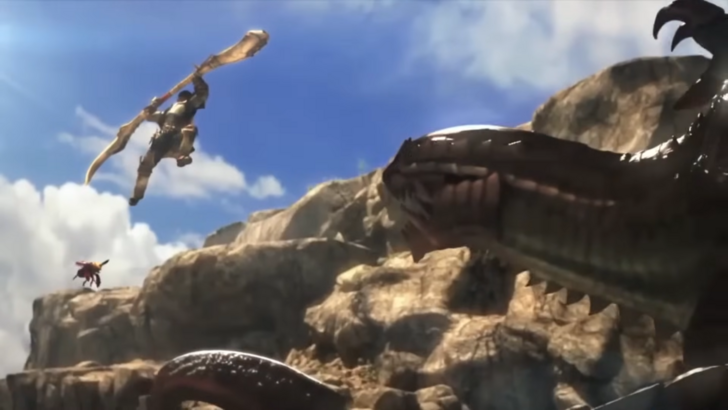
A recurring theme in Monster Hunter is the hunter's role in maintaining ecological balance. For instance, in Monster Hunter 4, the Gore Magala's Frenzy Virus threatens the ecosystem, positioning the hunter as a necessary force to restore equilibrium. This theme evolves in Monster Hunter: World and Iceborne, where the narrative explores humanity's relationship with nature, culminating in a realization that nature operates independently of human intervention.
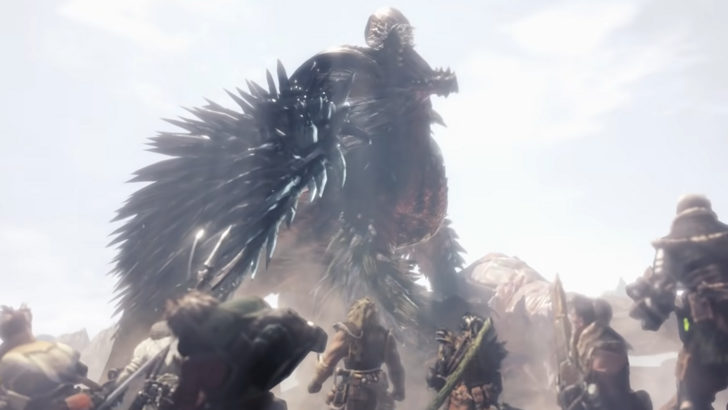
The ending of Iceborne underscores this theme, with Nergigante portrayed as nature's own mechanism for balance. The narrative in World elevates the player to the status of the "Sapphire Star," a symbol of guidance rooted in the game's creation myth, The Tale of the Five. This role as nature's guardian is further explored, reflecting a deeper connection between the hunter and the natural world.
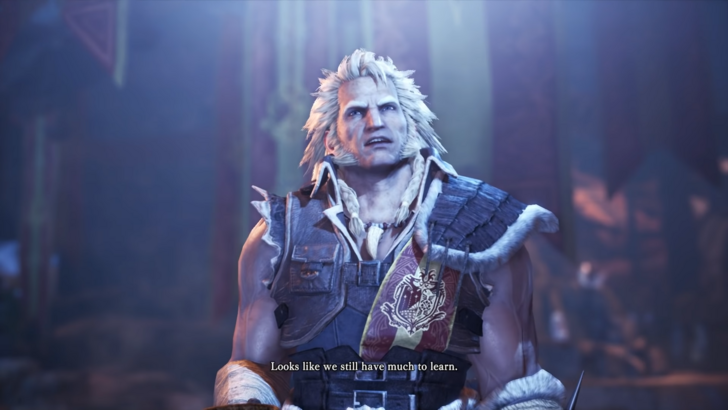
The somber tone of Iceborne's ending contrasts with the base game, emphasizing the ongoing learning curve for humanity in understanding nature. This narrative arc highlights the game's reflection on real-world ecological dynamics, where nature adapts and survives regardless of human actions.
Monster in the Mirror
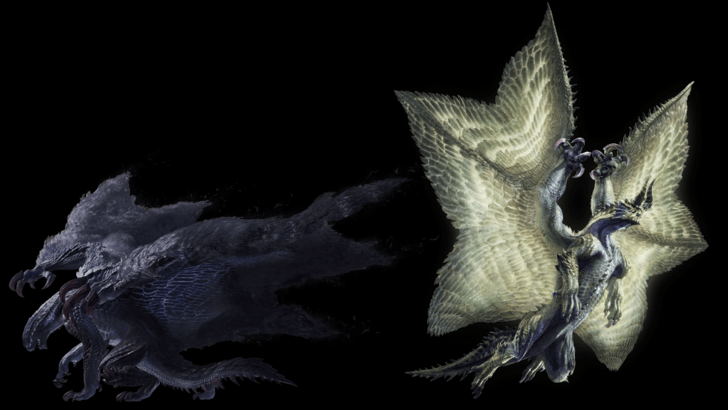
The series often mirrors the player's experience through its monsters. In Monster Hunter 4, the battle against Gore Magala and its evolution into Shagaru Magala reflects the player's own journey of growth and adaptation. This theme is vividly illustrated in the fight against Ahtal-Ka in Monster Hunter Generations Ultimate.
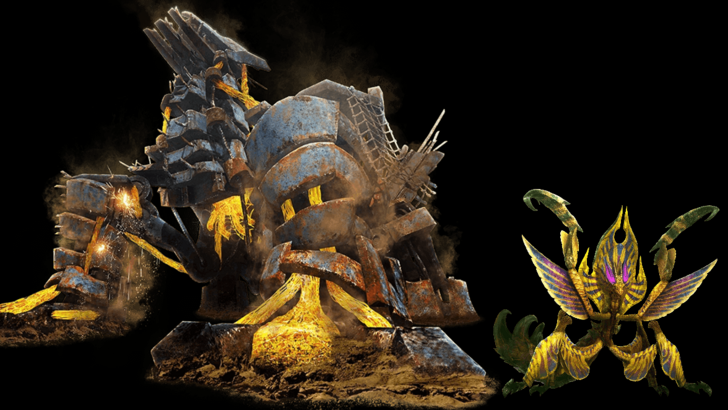
Ahtal-Ka, a unique and ingenious monster, not only challenges the player but also reflects human ingenuity. Its use of mechanical constructs and weapons parallels the hunter's own arsenal, suggesting a mutual evolution between hunters and monsters. This dynamic interaction underscores the thematic depth of the series, where both hunter and monster adapt to survive.
Man Versus Wilds: Your Story
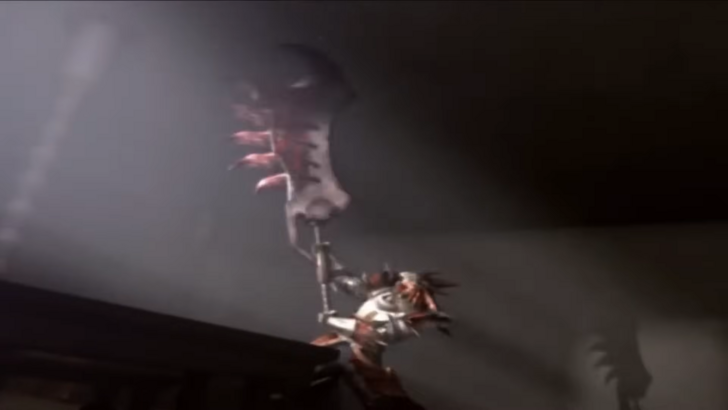
At its core, Monster Hunter is about the player's personal journey of growth and mastery. The series captures this through iconic moments, such as the initial encounter with Tigrex in Monster Hunter Freedom 2, where the player is dramatically thrown off a cliff, setting a narrative of overcoming challenges.
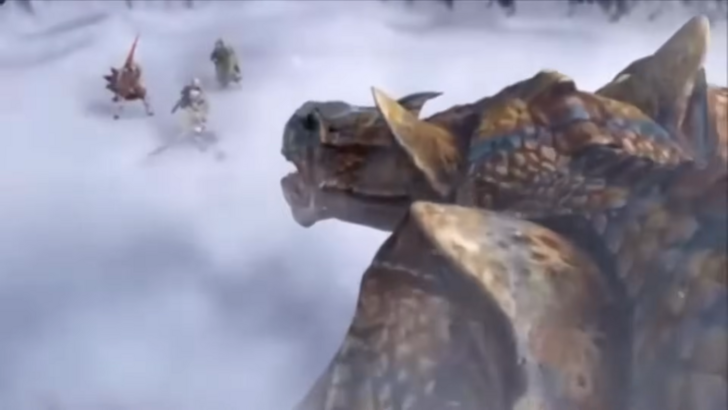
This narrative continues as players progress, eventually facing Tigrex again, this time with the power to overcome it. Such moments are emblematic of the series' theme of perseverance and growth, resonating deeply with players as they conquer seemingly insurmountable challenges.
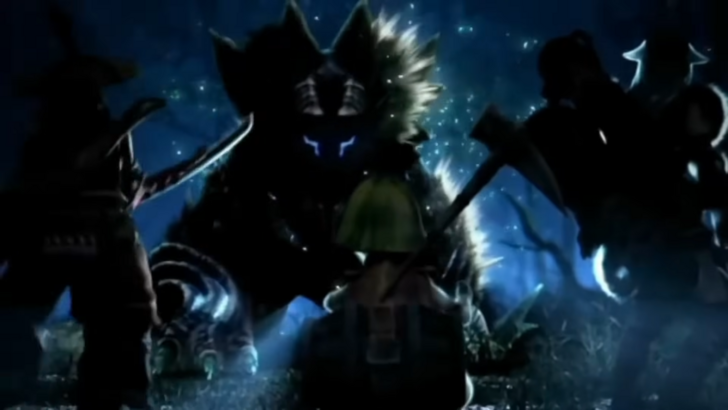
Recent entries like Monster Hunter Wilds are shifting towards more explicit storytelling, yet the core appeal remains the personal narrative each player crafts through their journey. While the overarching stories may not be the most compelling, the series excels in creating a memorable experience that players can deeply connect with, turning each hunt into a personal story of triumph and growth.

